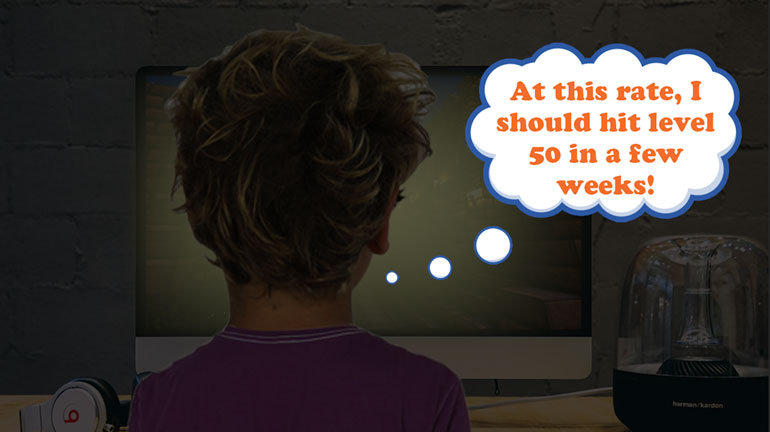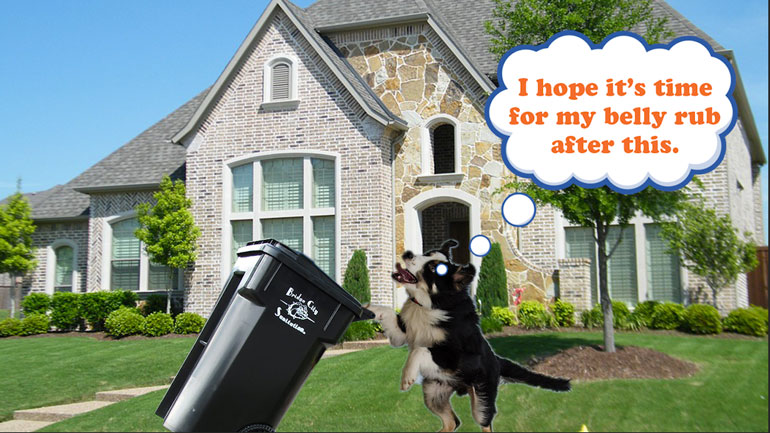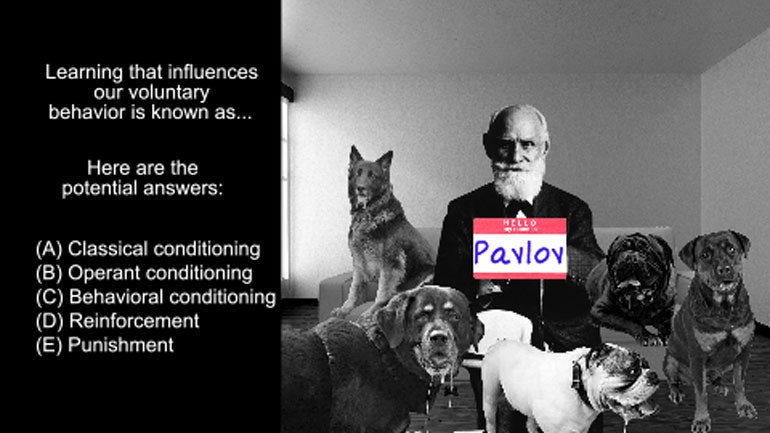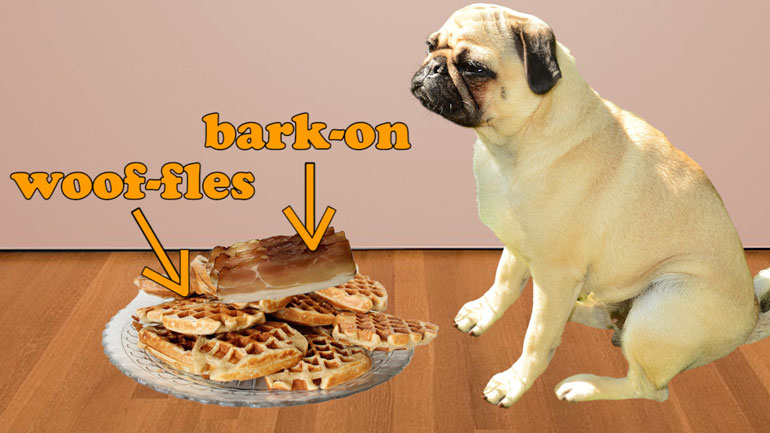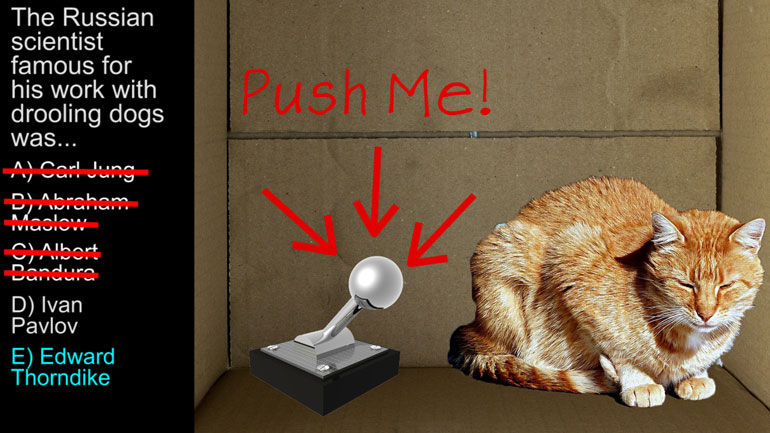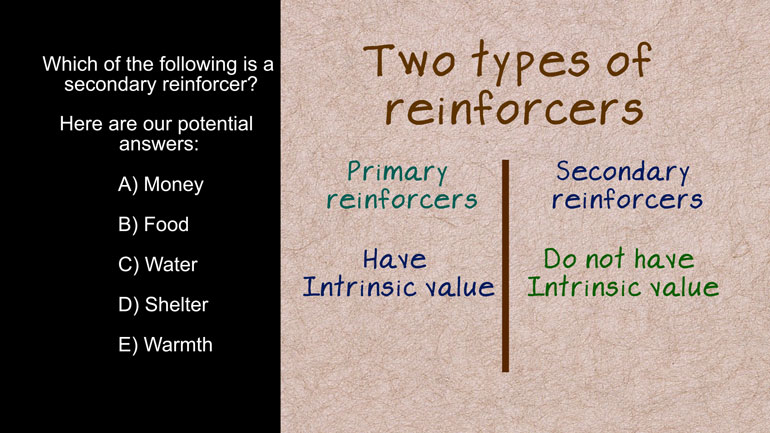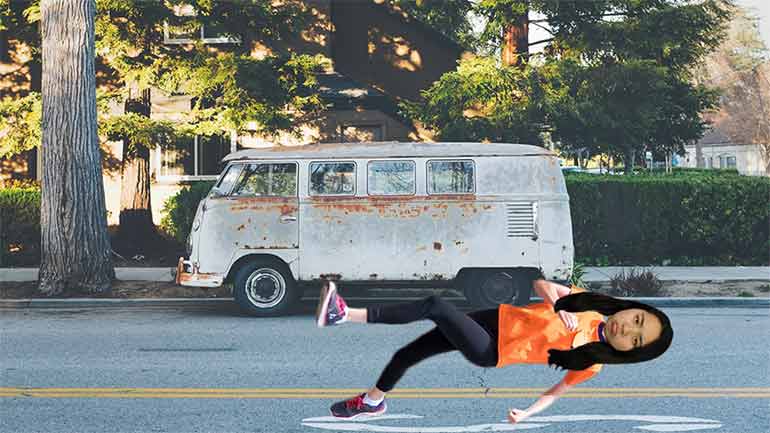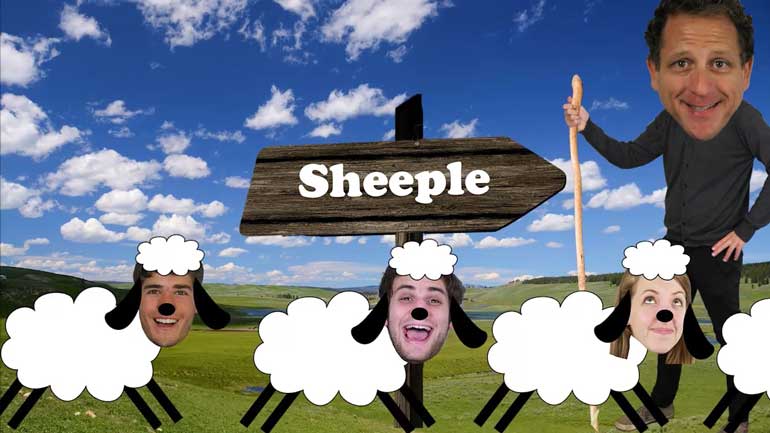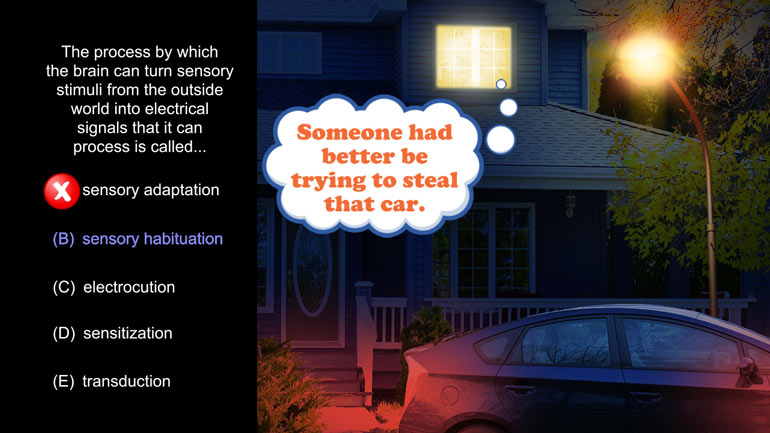ShmoopTube
Where Monty Python meets your 10th grade teacher.
Search Thousands of Shmoop Videos
Learning Videos 9 videos
AP Psychology 2.5 Learning. Which concept explains why you might not be able to teach your dog to use the toilet?
AP Psychology 1.2 Learning. Learning that influences our voluntary behavior is known as what?
AP Psychology 2.2 Learning 23 Views
Share It!
Description:
AP Psychology 2.2 Learning. If the cat does not see food, the conditioning will disappear, and the cat will forget the sequence of escape. This process is known as...what?
More Video DetailsTranscript
- 00:04
And here's your shmoop du jour brought to you by animal studies
- 00:07
because what better way to test makeup then trying it on a pig someone may have [Pig wearing make up and Kermit appears]
- 00:12
to hold that Kermit here come on dude Alright,
- 00:14
In Thorndike's cat trap boxes the cat learns a series of moves to free himself
- 00:19
so he can obtain his dinner if the cat does not see food the conditioning will
Full Transcript
- 00:23
disappear and the cat will forget the sequence of escape this process is known
- 00:27
as what and here the potential answers
- 00:32
well, Thorndike liked cats and like [Thorndike with 3 cats]
- 00:36
jigsaw he expressed his affection through complex devious traps
- 00:41
well Thorndike was using operant conditioning to programme or [Cat wearing a small graduation cap]
- 00:44
teach the cats, this is operant conditioning which strengthens and
- 00:49
weakens voluntary behavior now classical conditioning is like what Pavlov did
- 00:54
with dogs, pairing neutral signs with reflex to strengthen an involuntary [Bell rings and dog looks closely]
- 00:58
behavior like drooling and also like how the ice-cream truck song makes
- 01:03
three-year-olds go ballistic all right who are we kidding, it makes us go
- 01:06
ballistic, we love that thing....Aversion tendency is our tendency
- 01:09
to avoid risk even at the cost of losing rewards like how you could go out and [Girl exercising in the street and car hits her]
- 01:14
exercise but well you might get hit by a car, totally rational..generalization
- 01:19
is the tendency to respond in the same way to different but similar stimuli. Big
- 01:24
bells or little bells Pavlov's dogs still drool, now remember that in operant
- 01:29
conditioning you're pairing reinforcement with learned behavior cat's[Dog chasing a ball]
- 01:34
get food when they solve puzzles, kids get stickers when they finger paint
- 01:39
not on the wall if you remove reinforcement that learned behavior
- 01:42
decreases over time although sometimes it's randomly coming back which is
- 01:47
spontaneous recovering but the process of loss is called extinction so we're
- 01:51
not talking about what happened to the dinosaurs or M. Nght Shyamalan directing [Asteroid hits the floor and burns]
- 01:56
career ....extinction is a decrease in
- 02:00
learned response over time making D the correct answer for our next animal study
- 02:04
will discuss a long-running hallucinogenic study called the muppets [Muppets on stage]
Related Videos
AP Psychology 2.2 Social Psychology. Which of the following was an independent variable manipulated in Asch's research?
AP Psychology 1.1 Personality. According to Freud, these three parts of personality are constantly in conflict.
AP Psychology 1.1 Sensation and Perception. The process by which the brain can turn sensory stimuli from the outside world into electrical signals...
AP Psychology 1.1 Social Psychology. Which of the following best describes social psychology?
AP Psychology 1.1 States of Consciousness. Who conducted research on REM sleep deprivations?
